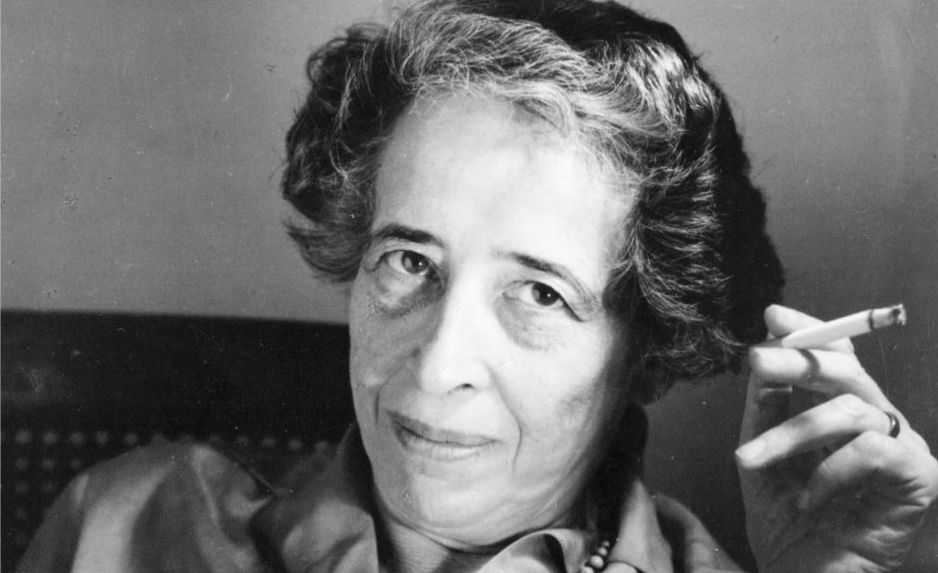Isabel Charny is a third-year arts/law student at the ANU.
If a Jew is to challenge the actions of another Jew, should it be seen as an unequivocal sign of internalised anti-Semitism – Jewish ‘self-hatred’ – and a lack of solidarity with one’s fellow ‘tribesmen’?
Following her 1961 coverage of the infamous trial of the Nazi Adolf Eichmann, Hannah Arendt – German-born Jewish-American political theorist – wrote that the ‘role of the Jewish leaders in the destruction of their own people is undoubtedly the darkest chapter of the whole dark history’.
This statement, overlaid with historical, philosophical and moral complexities, promoted a paradigm shift in discussions of the Holocaust and of the role played by the Jewish community, or its leaders, in their own demise.
Her challenging of the sacrosanct model of the Holocaust was seen as an affront to the memory of those whose lives were lost and led Arendt’s fellow Jews to accuse her of ‘self-hatred,’ and of being a woman lacking ‘Ahabath Israel’: love for the Jewish people.
The argument advanced by Arendt was and still is undoubtedly based on a difficult and dangerous premise of executing judgement and imposing responsibility for the Holocaust onto its victims – depicting them as unwitting collaborators, or worse, guilty participants. Perhaps Arendt’s work should be seen not as a malicious attack on her own people and a reflection of her skewed relationship with religion but rather, as a sound or perhaps an unsound piece of historical revisionism.
Antony Lerman, an expert writer on anti-Semitism and the Palestinian-Israeli conflict, describes an ‘unquestioning solidarity with Israel’ as ‘the touchstone of Jewish identity’. Here, the question of the self-hating Jew posed at the beginning of this article, and Arendt’s experiences, become relevant to the discourse surrounding the existence of the state of Israel and the demonisation of ‘liberal Jews’. That is, those who stand in support of ending the occupation of the West Bank and Gaza, the attacks on human rights, and reaching a two-state solution.
As part of the diaspora, my own criticism of the policies of Israel, like many others, is neither fuelled by hate for my religion nor my opposition to the existence of a Jewish state. Rather, it is based on a fundamental belief in human rights.
Of course, I know that the strong opposition to any such challenging of the Jewish ‘victimhood’ narrative or the Jewish dream of Israel is characteristic of a group that has suffered major trauma, recurrent persecution, and whose identity has become somewhat intertwined with their experiences. The prospect of group ‘survival’ has, for some Jews, come to be seen as entirely dependent on continued displays of Jewish solidarity.
But it is dangerous to ignore contemporary realities and human rights abuses. Adopting such an ‘exclusionary’ stance and failing to facilitate open discussion and debate is, in fact, detrimental to any person or group and their future prosperity. We of all people should know.
We acknowledge the Ngunnawal and Ngambri people, who are the Traditional Custodians of the land on which Woroni, Woroni Radio and Woroni TV are created, edited, published, printed and distributed. We pay our respects to Elders past and present. We acknowledge that the name Woroni was taken from the Wadi Wadi Nation without permission, and we are striving to do better for future reconciliation.
